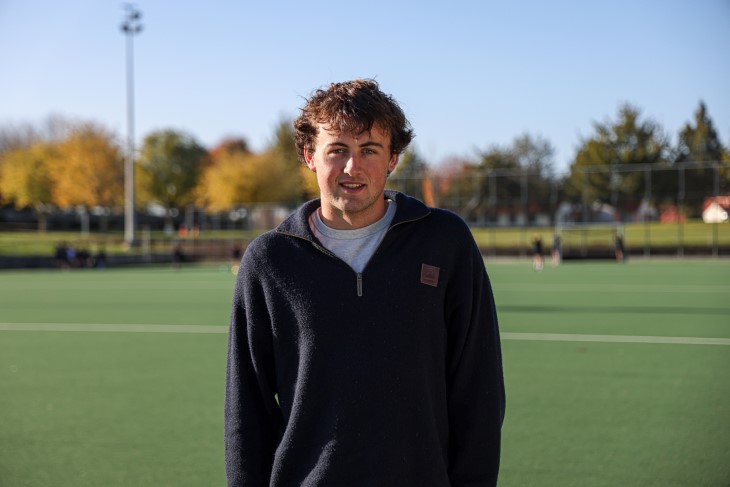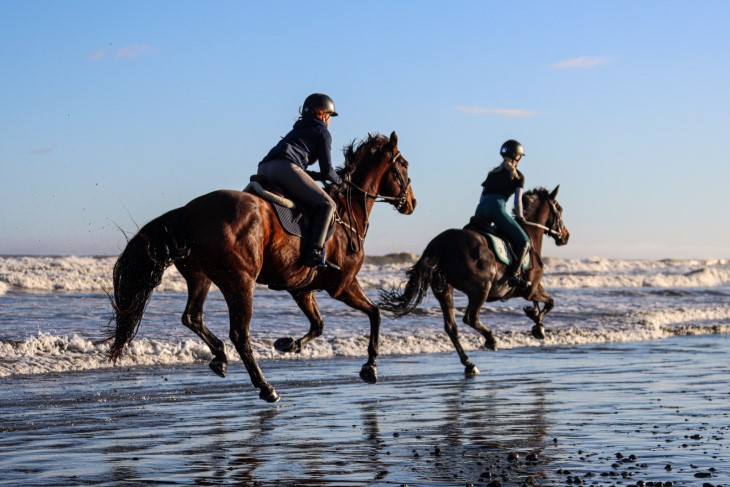‘A game changer for community sport’: ACC launches National Concussion Guidelines
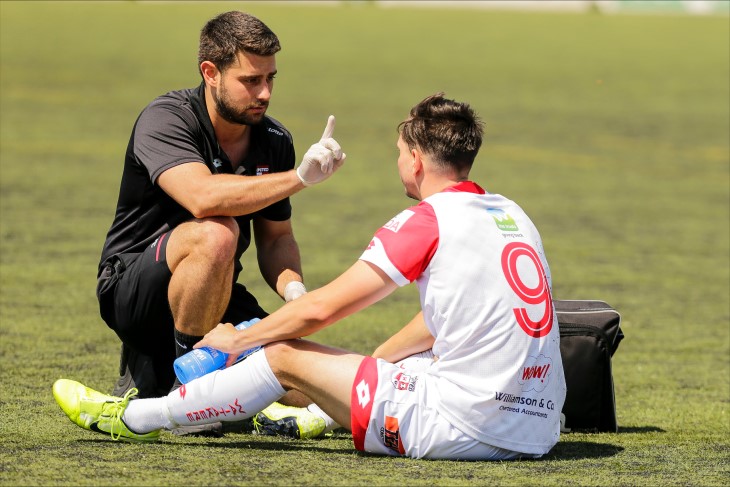
In partnership with seven national sporting organisations, ACC has announced the new National Concussion Guidelines for community sport, which bring a consistent standard for recognising and treating concussion.
The guidelines – which come into effect for the 2024 winter sport season – are designed to improve the health outcomes and wellbeing for people who play community sport by introducing a standardised approach to managing concussion.
They provide principles and general advice for the sport community and health professionals to recognise and treat concussion in a consistent way.
The key changes are: (1) When a player suffers a concussion, they must have a minimum period of 21 days away from full competition and (2) medical clearance must be obtained prior to return to play.
“Historically, there has been no national and consistent standard for recognising and treating concussion at the community sport level,” says Tane Cassidy, ACC’s Deputy Chief Executive of Prevention and Partnerships.
“As a player, parent, caregiver, member of whānau, coach, club official or referee, it’s hard to know what advice to follow. Similarly for GPs, it’s confusing and hard to know what advice to give and to who.
“This inconsistency increases the risk of people either not reporting their concussion at all or reporting their concussion but returning to sport too soon and risking more serious injury.
“These National Concussion Guidelines aim to change that.”
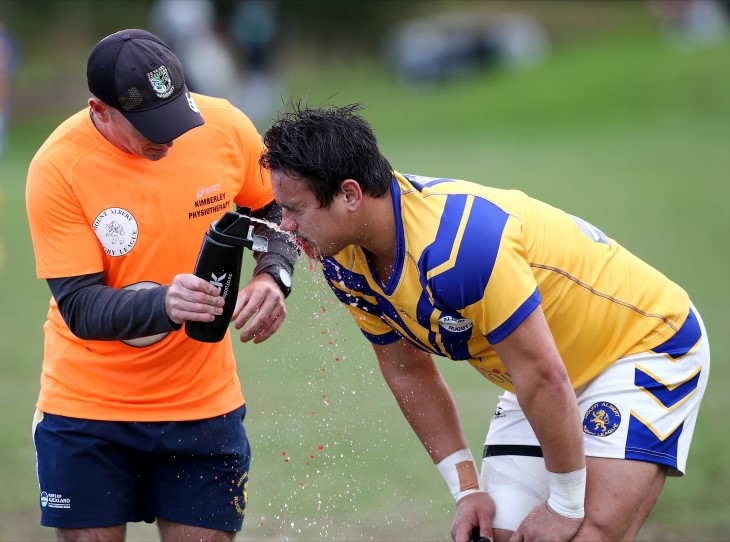
Expert panel teams up with sports
In June last year, ACC convened an expert panel and held a workshop with the medical directors from the larger and higher-risk sports codes.
The expert panel included: Dr Stephen Kara (expertise and specialist interest in concussion), Dr Mark Fulcher (NZ Football medical director), Dr John Mayhew (NZ Rugby League medical director), Dr Ian Murphy (ACC Principal Clinical Advisor), Sharon Kearney (Netball NZ Injury Prevention consultant), Dr Melinda Parnell (Netball NZ medical director), Karen Rasmussen (NZ Rugby Medical manager) and Dr Graeme McCrory (Equestrian Sports NZ medical director and community GP).
ACC collated the latest research around concussion, including international consensus statements, and applied this in the New Zealand context, with concussion being managed in primary care.
The panel agreed on the return-to-play changes for a player who has suffered a concussion. This approach is consistent with community sport in Australia and the United Kingdom.
This was based on guidance in the International Consensus Statement on Concussion in Sport, the UK Concussion Guidelines for Grassroots Sports and other relevant research.
The AIS, the Australian Sports Commission’s (ASC) high-performance arm, in a world first has aligned the Youth and Community Sport Guidelines with advice in both New Zealand and the United Kingdom.
Keeping our young sportspeople safe
Sport NZ Group Manager of Play, Active Recreation and Sport, Jim Ellis, says keeping young people safe when they participate in sport is paramount and it’s great to see sports organisations engaging with this initiative.
“A collective approach to concussion guidelines will have big benefits,” he says.
“Ultimately, it will help players, coaches, parents, volunteers and everyone involved in community sport to ensure there’s consistency in terms of diagnosis, treatment and the return to sport.
“It’s also important to see our new National Concussion Guidelines aligning with what’s happening in community sport across Australia and the UK.”
It’s believed the guidelines will lead to greater awareness of concussion and a decrease in risk of longer-term negative effects of concussion.
These guidelines are for community and grassroots sport only, on the assumption these players do not have medical support.
In elite and high-performance sport environments, athletes have immediate access to medical support and will continue to have that wrap-around support and time to develop tailored rehabilitation programmes that can be monitored daily.
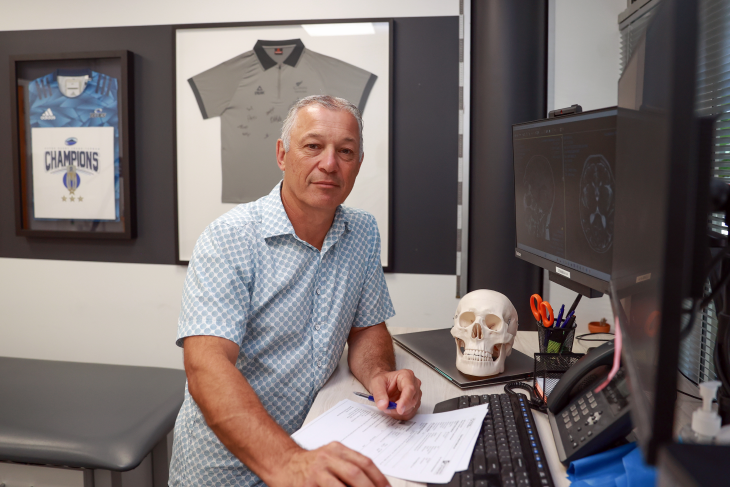
Dr Stephen Kara, an expert in concussion.
‘We all have a role to play’
Dr Stephen Kara, the independent member of the expert panel, says the National Concussion Guidelines are an important step to putting players’ welfare first.
“This is a game changer for community sport in this country,” he says.
“We know it can be confusing for coaches, players, family and health practitioners if concussion management advice from each sport is different. This will change that with clear guidelines and process for all sports.”
Dr Stephen says managing and preventing concussion is everyone’s responsibility.
“Concussion can happen at home, work or on the sports field and everyone can learn to recognise when a concussion may have occurred,” he says.
“We all have a role to play in creating a culture where concussion is called out and reported to a medical professional. Collectively, we can make a big difference.
“These National Concussion Guidelines make it very clear for everyone on the steps to follow to ensure the player is in a fit state to return to play.”
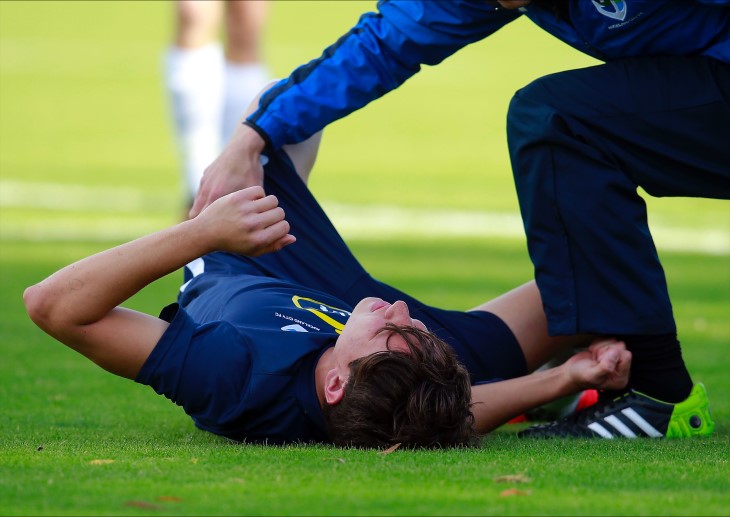
The true cost of concussion
In 2023, ACC accepted 10,648 claims for sports-related concussion.
These injuries came at a cost of $64 million to help people recover. This was the highest number of claims and the highest cost over the past five years. From 2019 to 2023, ACC spent $266 million helping people recover from sports-related concussion.
Research from ACC suggests that around 1,100 concussions currently go untreated.
The highest number of sport-related concussions occur in team-based sports such as rugby, football, basketball and from cycling and equestrian activities.
Tane Cassidy says it’s important concussion symptoms are managed well.
“Good early management of concussion can improve long-term outcomes,” he says.
“We’re committed to increasing awareness and education around concussion, and these guidelines give community sport the direction it needs.”
The importance of full recovery
Tane says good recovery from concussion before return to play ensures players get back to their best. This is better for the player and their team’s performance.
“Taking 21 days to get right gives the player the best chance to fully regain their strength, coordination, speed and skills,” he says.
“So, when they’re back, they’re able to hit the ground running and play to their ability.”
The highest volume of sport-related concussions are in the 10 to 19 age category and research shows people play multiple sports in this age group.
Currently, depending on what sport the person plays, when they suffer a concussion they will get different advice around a safe return to sport, varying from six days to 23 days.
But that is all set to change in a landmark new direction for community sport.
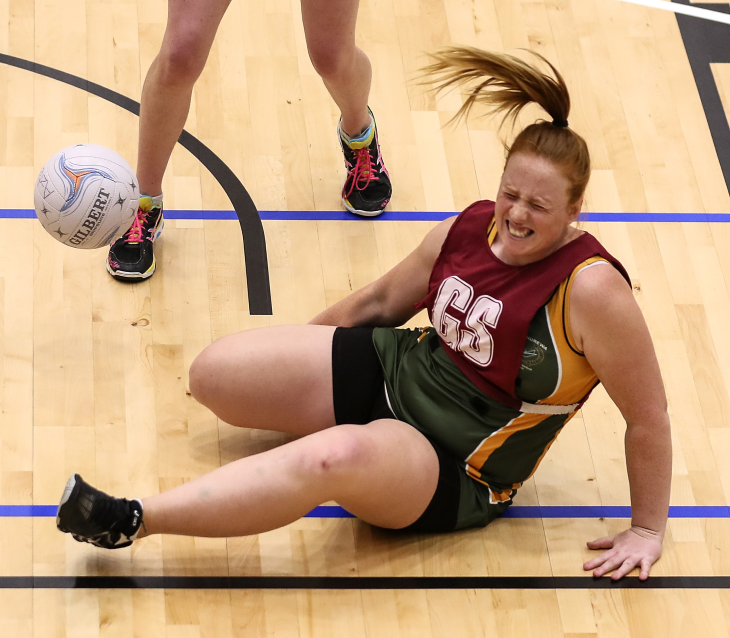
National Concussion Guidelines
- The Guidelines present an opportunity to improve the health outcomes and wellbeing for people who play community sport by introducing a standardised approach to managing concussion.
- The key changes are: (1) When a player suffers a concussion, they must be symptom-free for 14 days post-injury before a graduated return to play. (2) They must complete a minimum period of 21 days away from full competition before clearance to return. (3) Medical clearance must be obtained prior to return to play.
The Four Rs of Concussion Management
- Recognise (the signs and symptoms of concussion)
- Remove (the person from play)
- Refer (to a medical doctor to confirm diagnosis and provide treatment)
- Recover (before returning to school/work and sport)
More information
You can view the new National Concussion Guidelines on our website.



